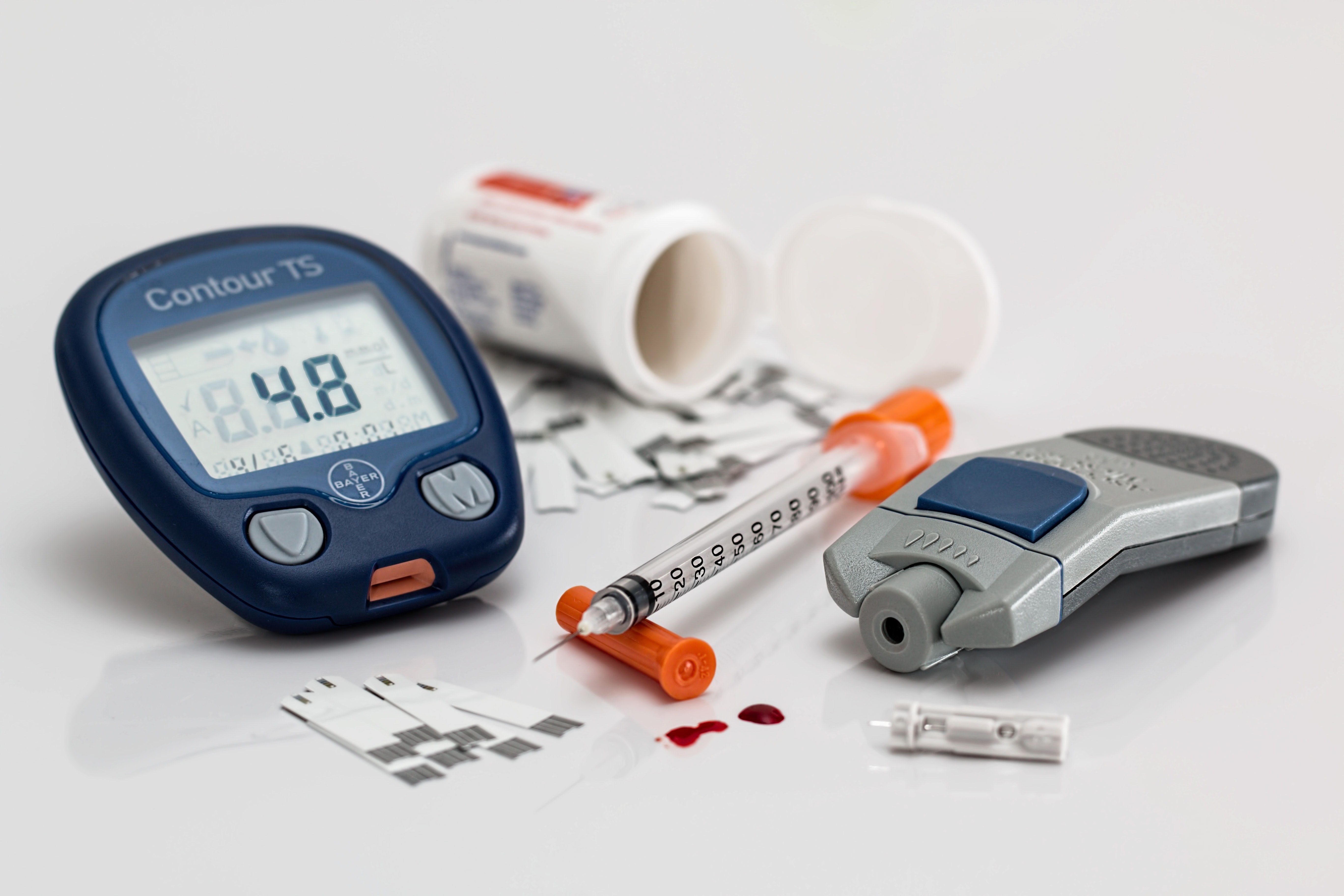
Obesity is a major problem in America with the obesity rate estimated to be 30% – 40% of the adult population. This means that there are an average of three to four obese people out of every ten adults, and this number is expected to continue to climb. Obesity has also become a major problem in younger age groups, including children. The childhood obesity rate in America is estimated to be around 18%, with the percentage increasing as they get older. Obesity contributes to so many different health problems, and is associated with a lower quality of life. Fortunately, your weight – or your young children’s weight – is in your control, and there are plenty of things you can do about it.
Standard American Diet (S.A.D.)
The Standard American Diet (or S.A.D. for short) is loaded with processed, high-sugar, high-calorie foods that are devoid of nutrition. Frozen meals, fast food, chips, cookies, sodas, processed meats, GMO’s, conventional dairy, genetically engineered food, fried food, colored foods and drinks, cereal, pizza – the list goes on and on. These foods contain very few vitamins and minerals, but contain very high amounts of sugar, carbohydrates, preservatives, artificial colors, artificial flavors, and bad fats. For example, one can of Coca-Cola contains 140 calories and a whopping 39 grams of sugar. That’s more added sugar than the American Heart Association recommends you get for an entire day. It also contains:
- High Fructose Corn Syrup – Known to increase inflammation in the body, and increase your risk of developing diabetes, cancer, obesity, and heart disease.
- Caramel Color – Artificial color added to make foods and drinks brown, and often contains 4- methylimidazole, which is a possible human carcinogen.
- Phosphoric Acid – A corrosive additive used to make the taste of soda stronger. This chemical has been linked to kidney issues, decreased bone density, increased acidity in the body, and may deplete the body’s calcium.
This is just one small example of something that’s commonly consumed. Coco-Cola doesn’t have a very long list of ingredients, but what it does contain can be very dangerous. Think about another food you eat that has ten or twenty ingredients listed, what do you think each of those chemicals are doing to your body?
Additionally, a diet high in empty calories doesn’t just leave you feeling hungry all the time and lead to weight gain, it can also lead to malnourishment. Many overweight or obese people are also considered malnourished due to the vitamin and mineral deficiencies many of them have. Eating a diet comprised mostly of organic fruits and vegetables, grass-fed meats, and healthy fats like olive oil and coconut oil can help keep you feeling full and help treat and prevent nutritional deficiencies.
Childhood Obesity
Obesity has started to affect people at younger and younger ages, with many children being obese by the time they reach the age of five. Most children eat a S.A.D. diet, and some children’s diets may be worse. It can be difficult to get kids to eat vegetables and other healthy foods, and the foods marketed towards children are often brightly colored and look fun. This can make it even harder to convince your child to eat their “boring” vegetables instead of the macaroni and cheese cut into the shapes of their favorite characters.
It is easier if a child ate whole foods throughout their child, but if they have been eating mostly processed, hyperpalatable (tasting unnaturally good, usually through the use of chemical additives) foods, then it can be difficult to switch them to a whole food diet. Try sitting down with your child and discussing the importance of nutrition in a way they can understand. Ask them what fruits and vegetables they would like to eat or want to try, and maybe let them help you prepare them. Children’s diets are typically heavily influenced by their parent’s diets, so if you’re concerned about what your child is eating, one of the best things you can do is lead by example and eat a balanced, whole food diet.
ADD and ADHD
ADD and ADHD are two more common problems affecting mostly children today. ADD and ADHD are very similar, and are often used to refer to the same condition of a child – or adult – who gets distracted easily, has difficulty concentrating, poor time management, hyperactivity, difficulty multitasking, etc. Interestingly enough, these conditions are often diagnosed in a school setting at fairly young ages. There are theories that it should not be classified as a disorder because it’s usually a case of a kid just wanting to play like a normal kid. Kids love to play and that’s their main source of real-world learning. When a child is forced to sit at a school desk for hours on end, this suppressed energy and need to play may come out as “ADHD”. Children are often given medication for what may be a completely natural response, but that’s not always the case.
Artificial colors can be found in a number of different foods and drinks, but products marketed for children tend to contain more. They can be found in snowcones, colored and flavored drinks, cereal, candy, sweets, chips, snack crackers, and other products. Artificial colors have been linked to increased hyperactivity in children, as well as liver damage. So, a hyperactive child may see some improvement when artificially colored and flavored foods and drinks are removed from their diet.S
Supplements
There are some supplements that may help combat these issues. These include:
GlycemaCORE – Powder designed to help promote nutrients and keep blood sugar levels balanced. It contains amino acids, protein, fiber and many other things designed to help you feel full.
5-HTP – Contains 5-hydroxytryptophan which is a precursor to serotonin. Serotonin is a neurotransmitter largely responsible for regulating mood, happiness, and anxiety.
Innate 50-14 Clinical Strength – Clinical strength probiotic containing 50 billion total bacteria, and 14 different strains of bacteria.
Supernutes – Multivitamin designed for kids to help promote healthy vitamin and mineral levels.
Start eating less processed foods and more organic fruits and vegetables, grass-fed meats, and good-quality fats. These foods will help keep you feeling full, while also providing the nutrients you and your children need. Give these supplements a try as well. Try using GlycemaCORE in the morning instead of eating a bowl of empty calorie cereal. Your health is in your hands!











